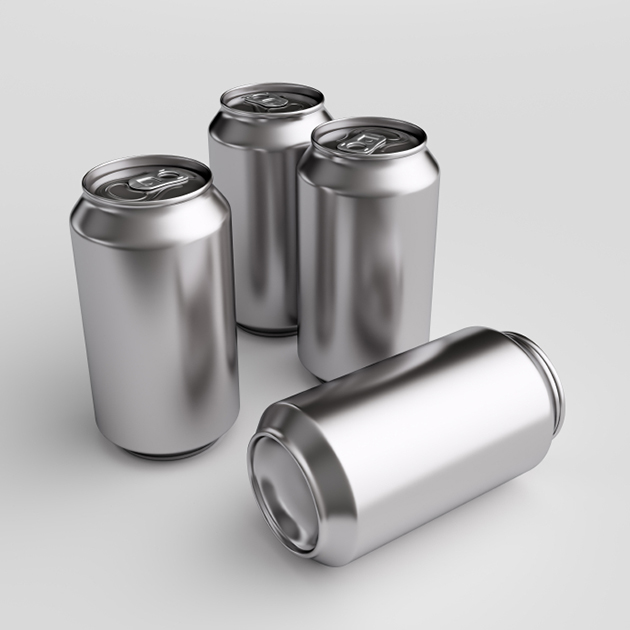Aluminum is everywhere — our kitchens, our cars, our offices and even our backyards. It can take hundreds of shapes and dozens of appearances. Really, it is hard to imagine modern life without it.
Aluminum, like most metals, can be recycled endless times. The ease with which households can get it to recyclers varies depending on the form it takes. But, since it is so prolific, most communities have multiple solutions for recycling aluminum.

Hundreds of items made with aluminum
Aluminum begins life as bauxite, a substance found in abundance in the earth’s crust. The bauxite is mined and sent to refiners for processing. The first step is removing the aluminum oxide, a white powder with the consistency of sugar. Electricity is applied to separate the aluminum from the oxygen. Small amounts of additional metals, such as copper and magnesium, are mixed in to prevent corrosion and add other beneficial characteristics. Aluminum is ubiquitous because it is readily available and has many beneficial properties. It is lightweight yet very strong. It does not rust and will not create sparks if something hits it. It conducts heat and electricity well, but it will not burn and will not create toxic fumes even if heated to very high temperatures. It can also be recycled over and over again — infinitely. For all those reasons and more, hundreds of products are made with aluminum. In the kitchen you will find soda, beer and other beverages in aluminum cans. Pots, cookie sheets and other cooking equipment are made with aluminum to take advantage of its heat-conducting properties. Peek in the fridge and you will likely find something covered in aluminum foil. Aluminum shows up in entertainment items as well. You will probably find it in things like lawn chairs and barbecues. Sporting equipment such as baseball bats and lacrosse sticks are frequently made with the metal. Wiring in electronics can be made from aluminum. In a big shift for the automotive industry, car manufacturers are starting to look into using more aluminum. Ford’s new F-150 pickup truck, the top-selling vehicle in the U.S., will be made with aluminum. Electric car manufacturer Arcimoto in Eugene, OR, is making its futuristic frame out of aluminum. A recent piece in The Wall Street Journal says the automotive industry represents a huge new opportunity for aluminum smelters, who have seen a decline in business as the microbrewery industry moved to bottling beer in glass rather than cans.